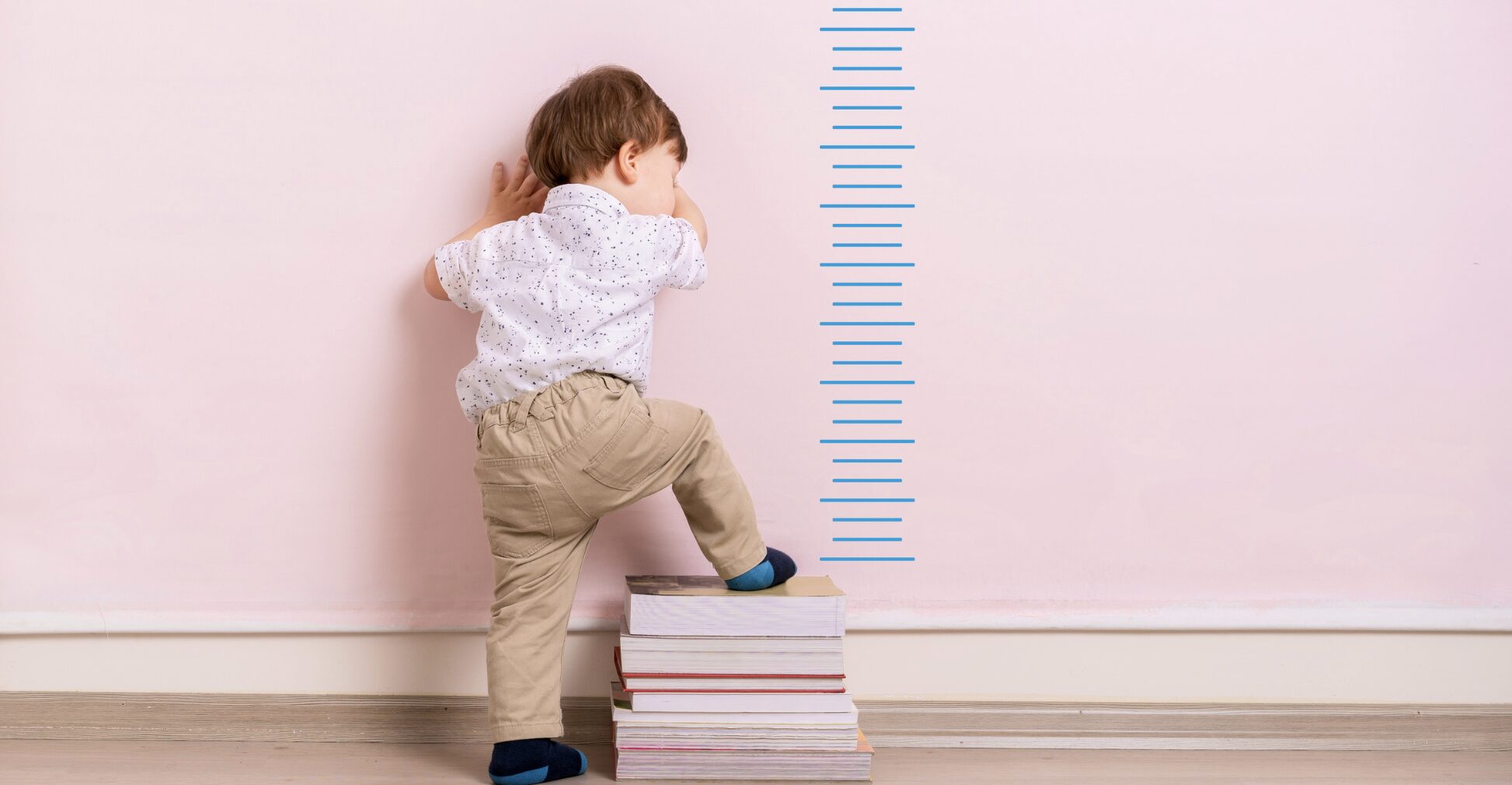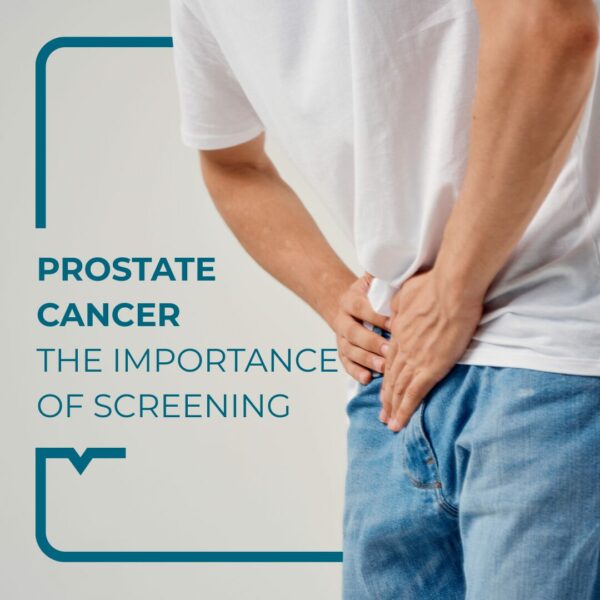Development and growth are characterised by the saturation of an individual from birth to adulthood. The different stages of development are divided into ‘key stages’, which determine the abilities that most children achieve at a given age.
Hello, this is Dr Joy!
Today I’m going to talk to you about the main stages of a child’s development, considering the different disorders that can occur and their treatment.
Medical monitoring of children’s growth and development
To assess these developments, regular visits are made to the paediatrician or general practitioner between birth and the child’s 18th birthday. There are :
- 7 visits between 0 and 1 year of age (1 week, 1 month, 2 months, 4 months, 6 months, 9 months and 12 months),
- 1 visit every 6 months up to the age of 10,
- 1 annual visit until the age of 18.
These visits to the paediatrician or general practitioner are essential for monitoring and following the child’s growth and development, as well as for carrying out screening tests and administering compulsory vaccinations.
The doctor will carry out a full health assessment of the child so that any physical or psychological problems can be identified and treated as early as possible. He or she can also reassure and support the parents in their new role by answering questions about the child’s diet, sleep, hygiene, infectious disease, lifestyle, etc.
Monitoring the child’s growth
To monitor the child’s growth, the doctor will assess the child’s weight, height and head circumference (up to the age of 22) and record the results in the medical record. Growth curves are used to monitor the child’s development over the years. The ideal values (weight and height) vary according to the child’s age and sex.
It also considers the specific characteristics of the child’s body, linked to its age and the rapid physical changes that occur during its development.
Monitoring the child’s development
As children grow they develop new skills in a number of very specific areas :
- gross motor skills,
- fine motor skills,
- language,
- cognition,
- social and emotional development.
Development in these areas varies from child to child and is influenced by many factors including genetics, environment, nutrition, stimulation and certain illnesses. It is these characteristics that determine the pattern of development.
Children’s motor development
It includes gross motor skills (the ability to walk, jump, climb stairs, etc.) and fine motor skills (the ability to grasp an object, draw, eat by yourself, etc.).
Children develop their motor skills from birth to the age of 8. These skills can be influenced by the environment, genetics, educational programme and stimulation, social interactions, etc. Although each child develops at his or her own pace, it is important to consult a doctor if in doubt.
The main stages of motor development include:
- 3 months: Can hold her head upright when sitting.
- 5-6 months: Can roll over onto her stomach and back when lying down.
- 7-10 months: Crawling.
- 10-12 months: Walks on all fours and can stand by holding on to something.
- 13-18 months: Takes first steps, then learns to walk safely.
- 2-3 years: Can run, jump and stand on one leg.
- 4-5 years: Can catch a ball, play and jump in different ways by changing the position of their feet.
- 6-7 years: Balance improves, they can ride a bike and coordinate their movements.
- 8 years and older: Coordination of movement is fluid and the child can participate in activities such as dancing, gymnastics and climbing.
Children’s language development
Language is understood before speech appears. Speech develops from a very early age, starting with vowels and then forming syllabes that begin with consonants (ba-ma-ta…).
On average, a child can hold a conversation from the age of 3.
During the long process of language learning, children go through several important stages, depending on their age:
- 0-12 months: Babies prepare to speak, respond to what they hear (voices, noises, etc.) and make sounds voluntarily. Between 9 and 12 months, they begin to express themselves by pointing to an object or a person, for example, to make themselves understood.
- 12-24 months: Children say their first words (mummy, daddy, sleep…). They increasingly understand instructions given to them and can recognise familiar objects by pointing to them. Between 18 and 24 months, they can put two words together to make themselves understood.
- 2-3 years: Their vocabulary increases, they can form sentences of 2 or 3 words, understand more complex instructions and visualise abstract concepts (up, down…).
- 3-4 years: They still have difficulty understanding the concept of time (yesterday, today, tomorrow, etc.), but their vocabulary is becoming increasingly rich. They can speak in complete sentences and make themselves understood.
- 4-5 years: Language is more varied and complex, and sentences are longer and more detailed. All sounds are generally well pronounced.
Children’s cognitive development
Children’s cognitive development corresponds to their intellectual maturity. It is assessed through several aspects, such as verbal skills, curiosity, imagination, problem-solving ability, memory, etc…
There are different key stages in a child’s cognitive development:
- 2 years: understanding of the concept of time in general terms (past, present, future);
- 4 years: more advanced understanding of time, the child understands that the day id divided into several parts (morning, afternoon and night), and notices the changes of season.
- from the age of 7: increasingly well-developed intellectual capacities? The child is able to concentrate on several different aspects of an event or situation at the same time.
Child behavioural and emotional development
Children’s behavioural and emotional development depends on their temperament and mood. The assessment of this development is based on the child’s behaviour in everyday social interactions. To analyse their emotional functioning, specific tools are used to obtain an accurate assessment.
As they develop, children can express their needs, opinions and motivations, and discover empathy and consideration for others. They are also affected by emotional changes in themselves (self-confidence and self-esteem) and in others.
Growth and development disorders in children
Certain pathologies or illnesses can slow down or hinder a child’s growth and development. Various specialists are involved in supporting the child’s development, depending on the child’s specific needs:
- Paediatric endocrinology: For growth disorders.
- Speech therapy: For language disorders.
- Physiotherapists, chiropodists, occupational therapists and psychomotor therapists: To improve coordination, mobility and body perception in the event of motor disorders.
- Neuropaediatricians: For the diagnosis and treatment of neurological disorders affecting motor and cognitive development.
- Psychologists and child psychiatrists: For behavioural and emotional disorders.
- Ophtalmologists: For vision problems.
Speech therapists deal with speech and language disorders, while physiotherapists, chiropodists, occupational therapists and psychomotor therapists work together to improve coordination, mobility and body awareness in the case of motor disorders.
Neuropaediatricians are involved in the diagnosis and treatment of neurological disorders affecting motor and cognitive development. Psychologists or child psychiatrists provide specialist support for behavioural and emotional disorders.
Paediatric orthopaedic surgeons, paediatric cardiologists, paediatric surgeons and ophthalmologists are also specialists who may be involved in monitoring a child whose development or growth is impaired.
These professionals work with parents and teachers to ensure that children receive the support they need to overcome the barriers to their development.
Our advice on supporting your child’s development and growth:
- Regular medical check-ups from 0 to 18 years of age
- A balanced diet
- A regular lifestyle (wake-up and bedtimes, mealtimes, etc.)
- Regular sporting activities
- Listening to children and their emotions
This information is in no way intended to replace medical advice.
It is imperative that you seek the advice of your doctor or other qualified health professional for any questions relating to your state of health.
Sources :



